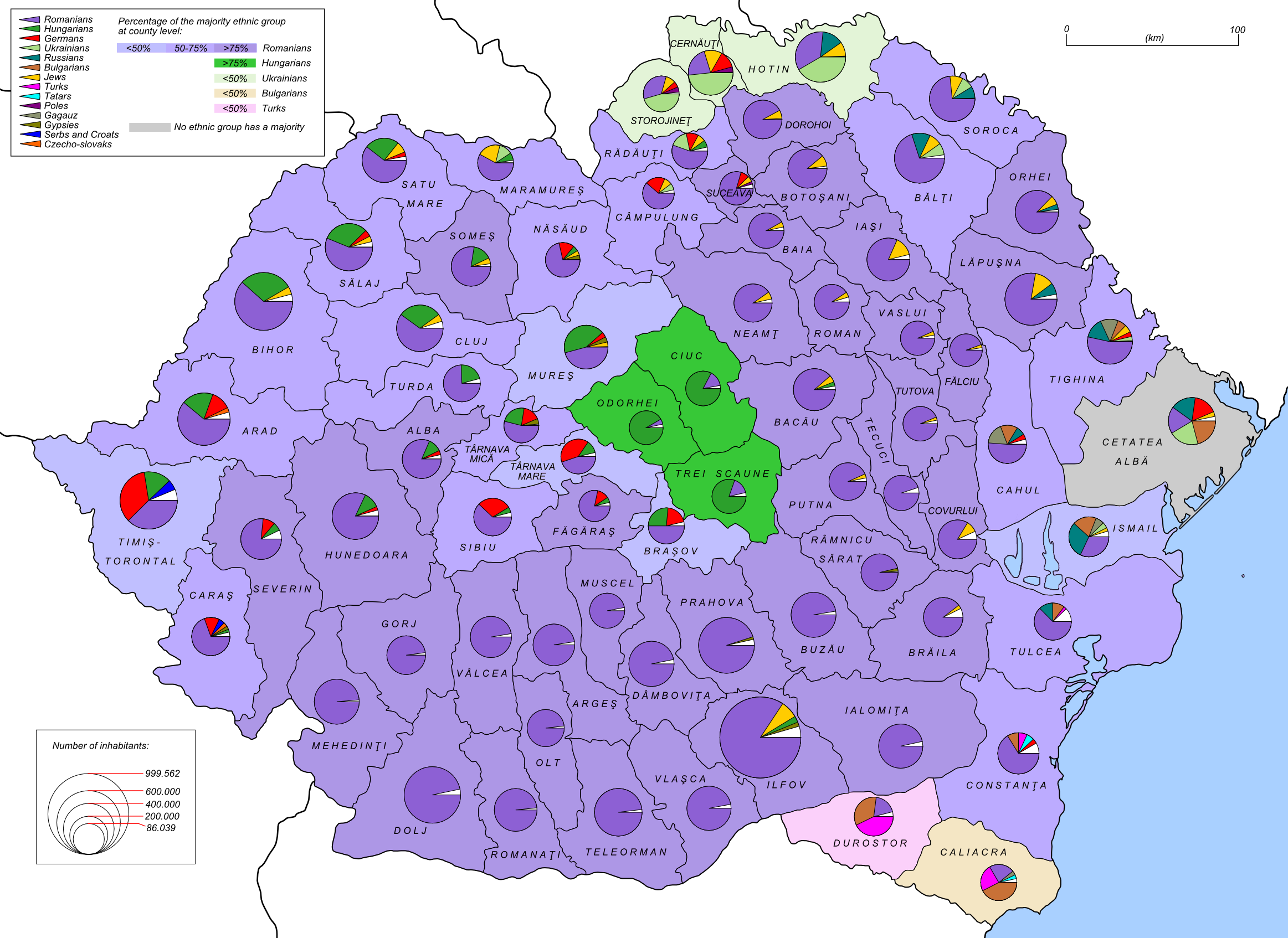What would the development of Romania without World War I have looked like? I'm asking because Romania is one of my favorite countries and I know that Transylvania and Bukovina were two of the most literate and most advanced parts of Romania both 100 years ago and right now:
As you can see, Romania's most literate parts in 1930 were generally in Transylvania, Bukovina, and, of course, the Banat, which Romania also acquired as a result of World War I. (There's also a speck of high literacy in the Budjak, near the Black Sea, which Romania acquired as a result of World War I as well.) And Romania's high human development index (HDI) territories right now are generally either in Transylvania or in the Banat, which, again, were acquired by Romania as a result of World War I. So, without all of these territories, Romania should be significantly set back, no?
There is, of course, the possibility that Austria-Hungary will eventually agree to give up Bukovina to Romania if Russia will ever experience a successful revolution even without World War I and thus an independent Polish state will come into being. In such a scenario, Poland could get Galicia in exchange for getting a Hapsburg King and Romania could get either southern Bukovina (in which case northern Bukovina would obviously go to Poland) or all of Bukovina. But I really don't see Hungary ever voluntarily giving up Transylvania without a major war, unfortunately.
So, how do you think that Romania would have developed in this TL? And would Romania have still kept its monarchy up to the present-day in this TL? Any thoughts on all of this?
As you can see, Romania's most literate parts in 1930 were generally in Transylvania, Bukovina, and, of course, the Banat, which Romania also acquired as a result of World War I. (There's also a speck of high literacy in the Budjak, near the Black Sea, which Romania acquired as a result of World War I as well.) And Romania's high human development index (HDI) territories right now are generally either in Transylvania or in the Banat, which, again, were acquired by Romania as a result of World War I. So, without all of these territories, Romania should be significantly set back, no?
There is, of course, the possibility that Austria-Hungary will eventually agree to give up Bukovina to Romania if Russia will ever experience a successful revolution even without World War I and thus an independent Polish state will come into being. In such a scenario, Poland could get Galicia in exchange for getting a Hapsburg King and Romania could get either southern Bukovina (in which case northern Bukovina would obviously go to Poland) or all of Bukovina. But I really don't see Hungary ever voluntarily giving up Transylvania without a major war, unfortunately.
So, how do you think that Romania would have developed in this TL? And would Romania have still kept its monarchy up to the present-day in this TL? Any thoughts on all of this?


